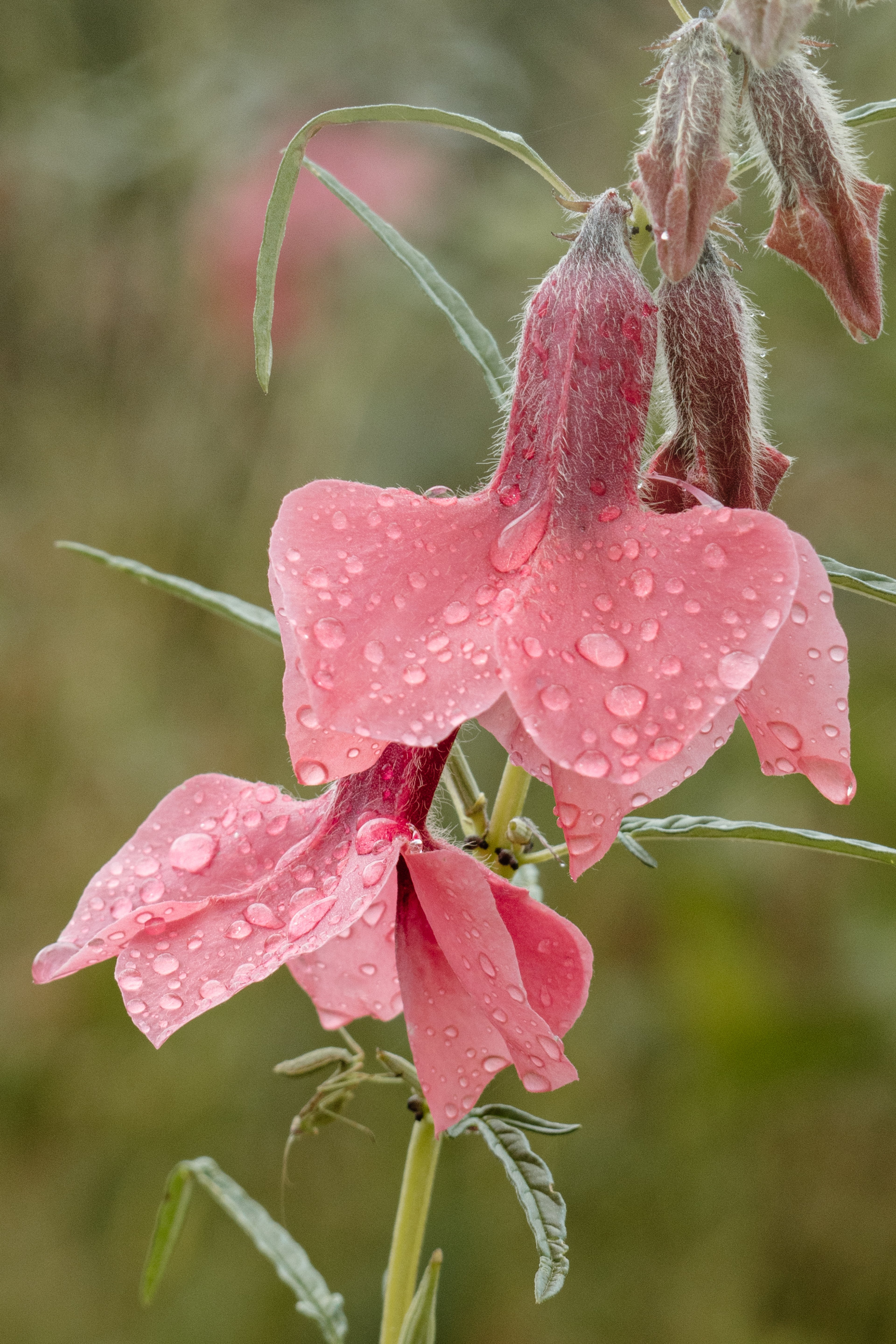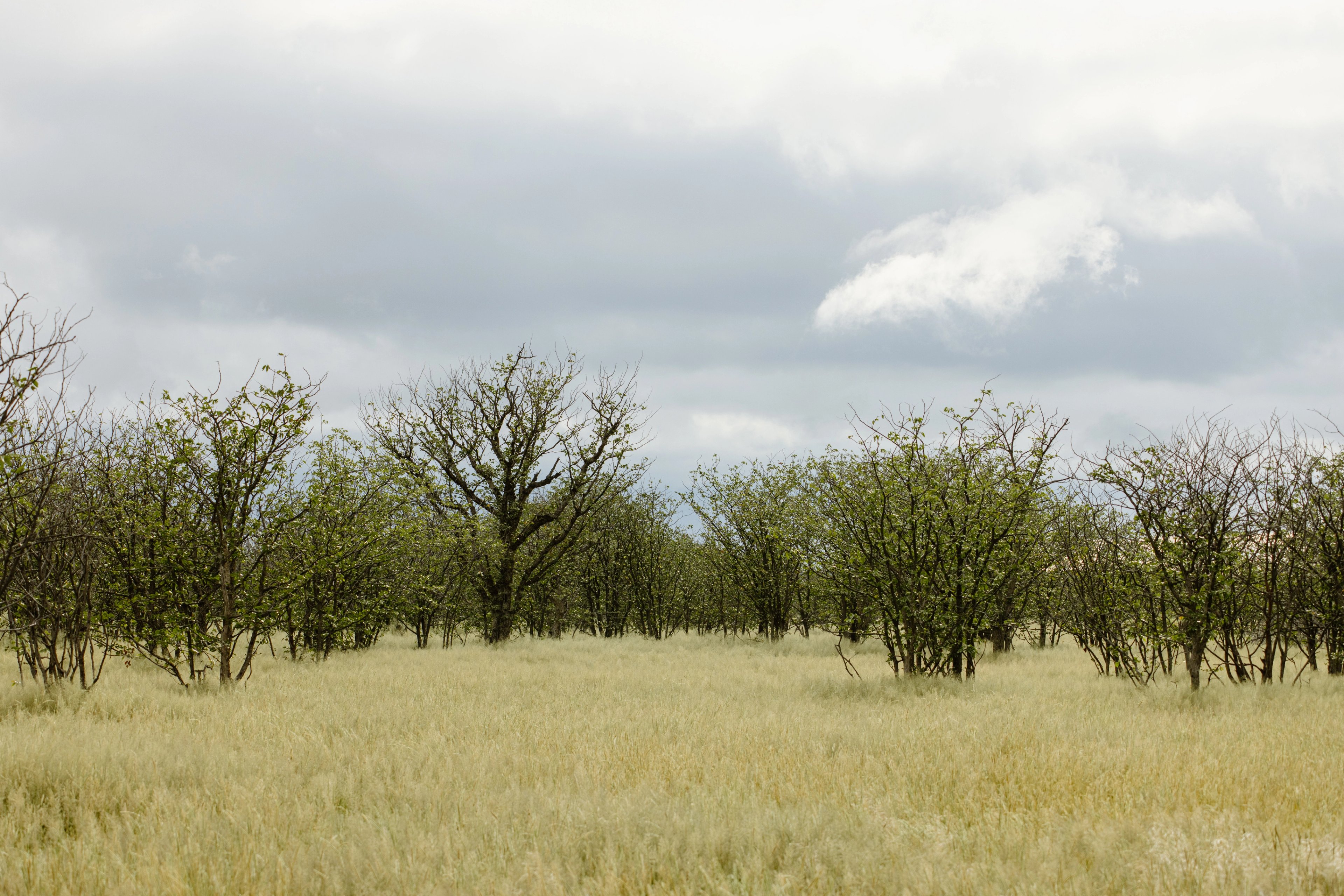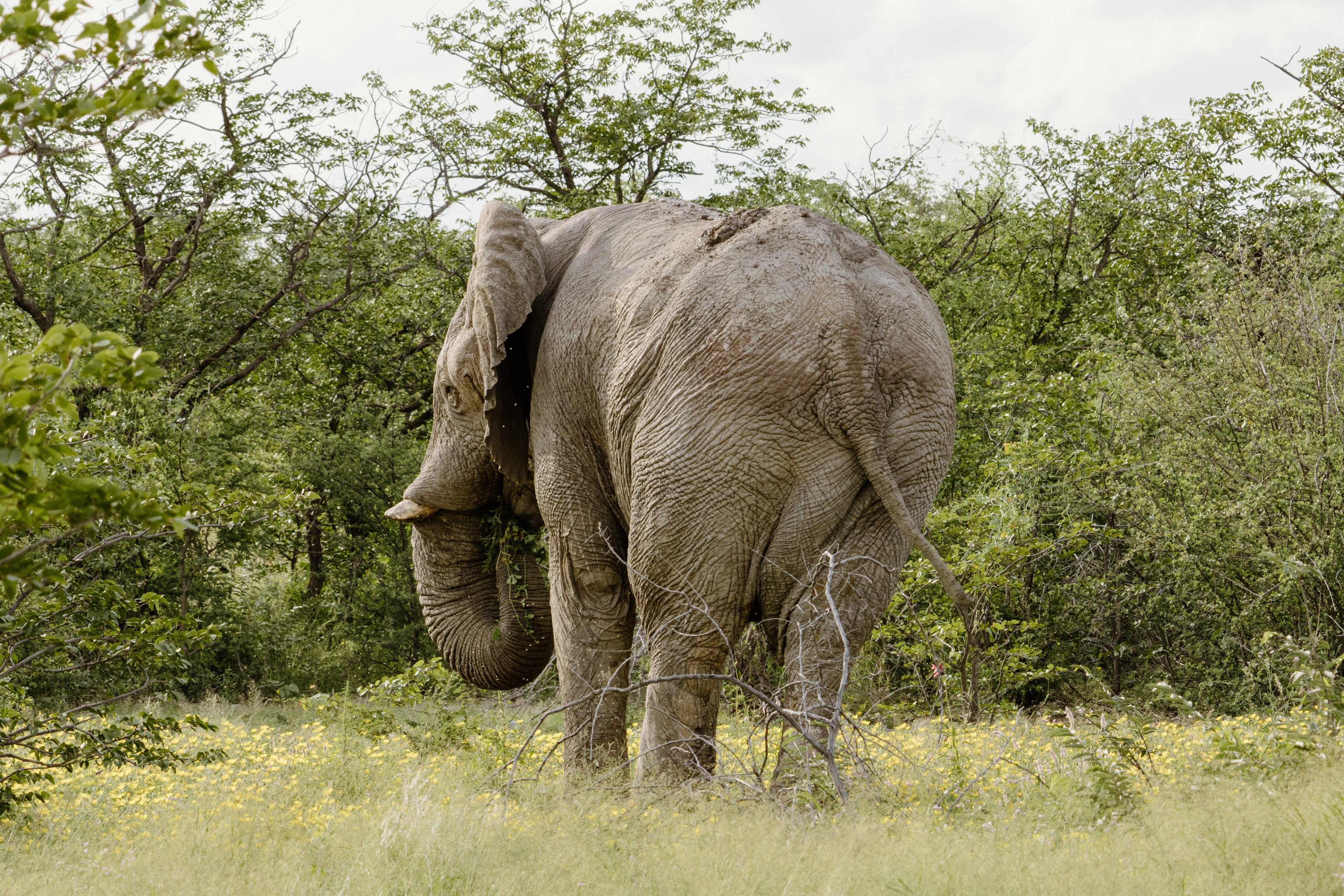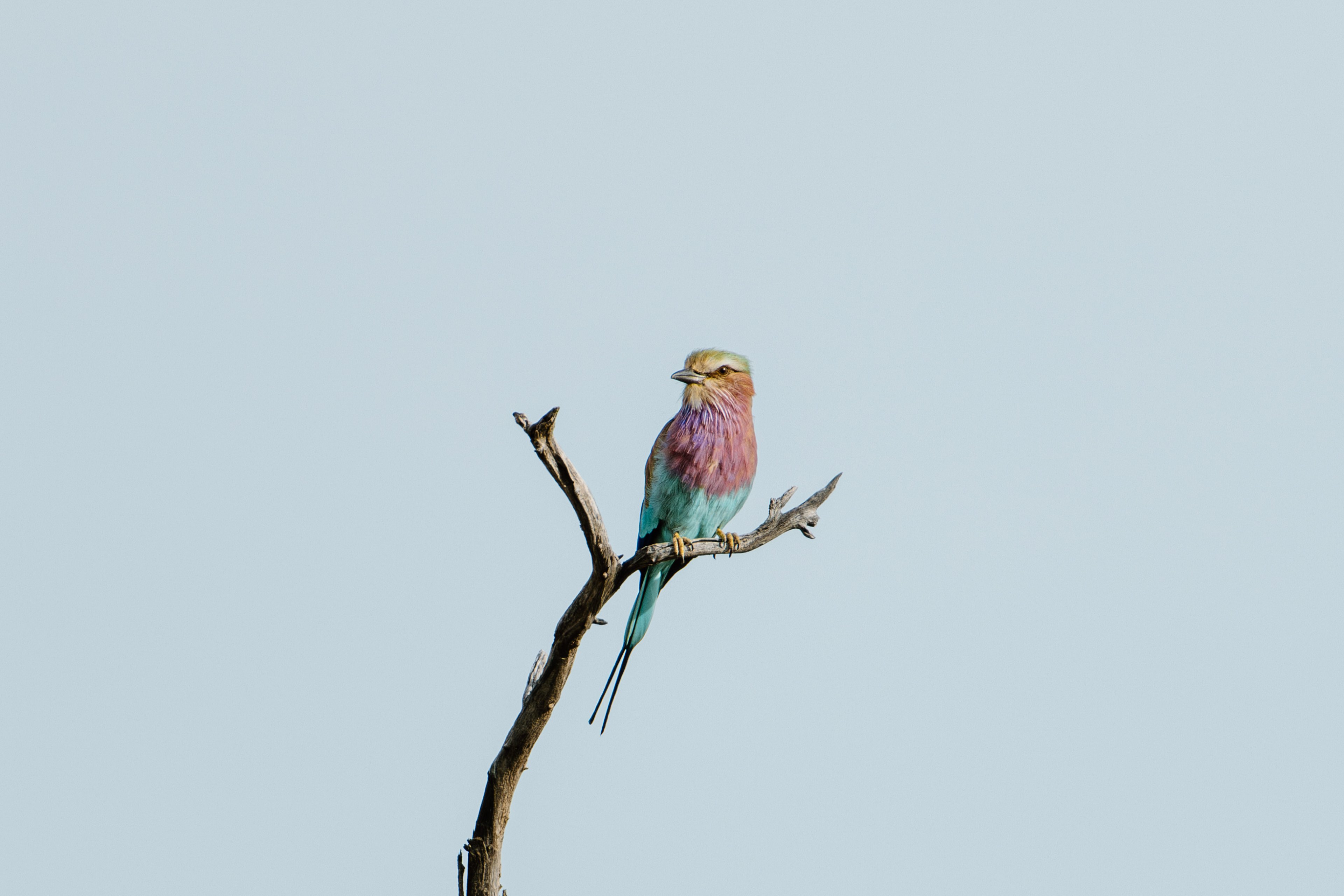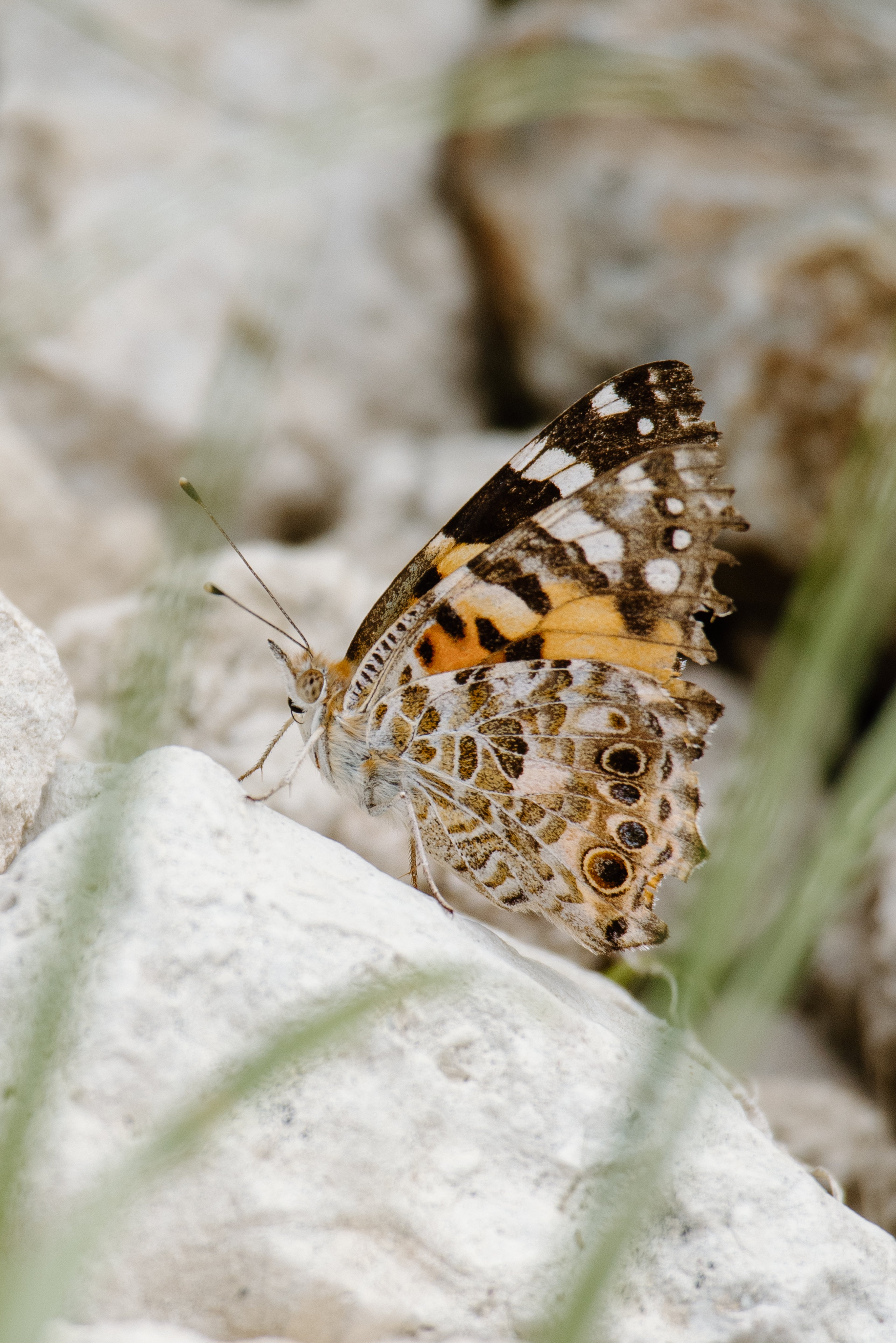What the Rain Brings to Ongava: First Showers, First Blooms
In the glare of the sun, beneath a cloudless sky, the thirstland lies waiting. The red dust settles. A heat haze shimmers on the horizon.
In a nation that takes its name from a desert, rain is a memory that fades by the day.
But the seasons shift, and the day will come when the memory turns into a promise.
In a landscape where the annual rainfall might swing from a meagre 90 mm one year to an abundant 600 mm the next, rain is both a wildcard and a lifeline.
Unlike the blistering coastlines to the west, or the arid southern plains, Ongava enjoys some of the most reliable rain in Namibia.
In the hush of the dry season, from May to October, even the sky seems to hold its breath.
Then, late one afternoon, comes the first subtle sign of an overture to the storm.
The air grows heavy with scent. The pressure drops. Slowly, like a council of elders, the clouds begin to assemble. The sun retreats, and shadows flex across the open bush.
The animals feel it first. A giraffe freezes in place, ears twitching toward the wind. A herd of zebras mills restlessly. The birds fall silent.
And then it happens. The first raindrops land, like the footfalls of a long-awaited guest.
A splatter of big, drumming drops, releasing the intoxicating aroma known as petrichor, the scent of rain on dry soil, the scent of life returning.
In minutes, the parched earth darkens and steams. The land slakes its thirst.
The first showers in Ongava are a celebration, a homecoming, a trigger for transformation.
Within days, sometimes within hours, the first blooms of spring make their debut.
Little bursts of colour bring the brittle veld to life: indigofera, with its tiny magenta flowers; devil’s thorn, a cheerful yellow carpet concealing spiky seeds.
The wild grasses, dormant for months, shoot up in green spears. The mopane trees, long skeletal, unfurl new leaves with the softness of silk.
The insect world, too, comes alive in a frenzy of activity. Termites emerge in gleaming columns, their papery wings catching the golden light.
Dung beetles take respite from their Herculean task and flit to the skies. Butterflies, sulphur yellow, orange, spotted black-and-white, flutter across the plains. The air hums with motion and colour.
Where insects gather, so too do the birds. Bee-eaters swoop in iridescent arcs, lilac-breasted rollers tumble in spirals, hornbills stalk the ground with renewed purpose.
It’s as if the entire reserve has attuned itself to a higher frequency, everything now urgent, intense, wide awake.
For the mammals, rain is less about spectacle, and more about survival. Puddles and pans form overnight. Suddenly, there is water everywhere.
Elephants roll in the mud, flapping their ears, trumpeting in tribute. Rhinos linger at the new pools. Impala, ever alert, graze more confidently in the thicker cover. Soon, calves will be born into this season of plenty.
Tortoises, long hidden, emerge from their burrows to drink from rain-filled hollows. Warthogs kneel in damp grass, rooting for fresh shoots. Even predators shift their patterns, moving with new stealth under cloudy skies.
As new life emerges, so do the old rhythms return. So do the ancient cycles realign. But the rain can be cruel too.
A fleeting downpour might be followed by weeks of nothing. A sudden deluge might wash away fragile nests or bury seeds too deep to grow.
In Ongava, the rain does not arrive on a calendar. It announces itself on its own terms, sometimes early, sometimes late.
But when it comes, when the clouds build and burst, when the land darkens, when the insects stir and the flowers bloom, there is a collective exhale across the reserve.
This is what the rain brings: life, change, promise. And above all, joy.
Photography: Suné van Wyk
share
Subscribe to Ongava
Get the latest updates. News about Ongava, offers, our conservation efforts and much more.
By loading this form, I agree to having my personal and contact information processed and used for the purpose of marketing communications. For more details, visit our Privacy policy
